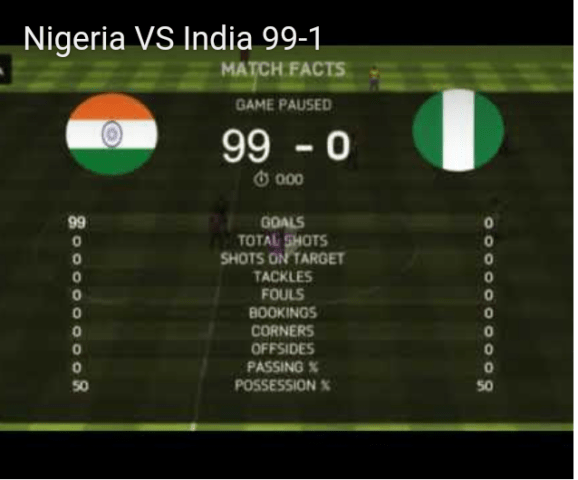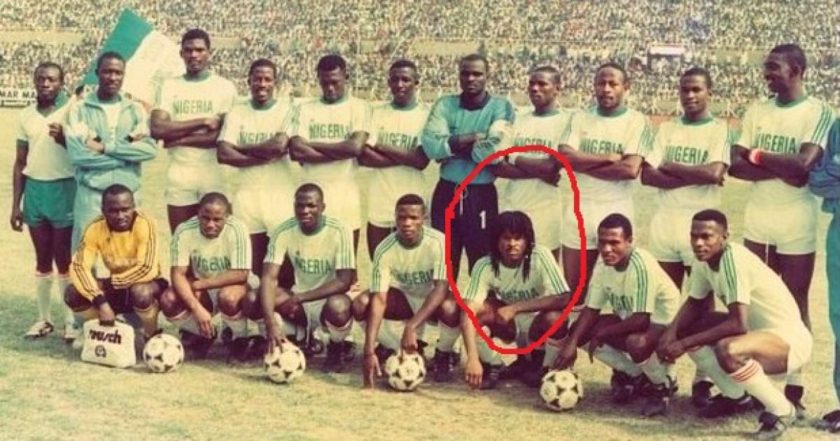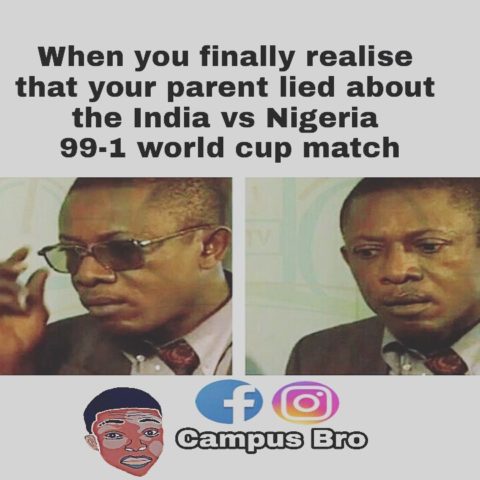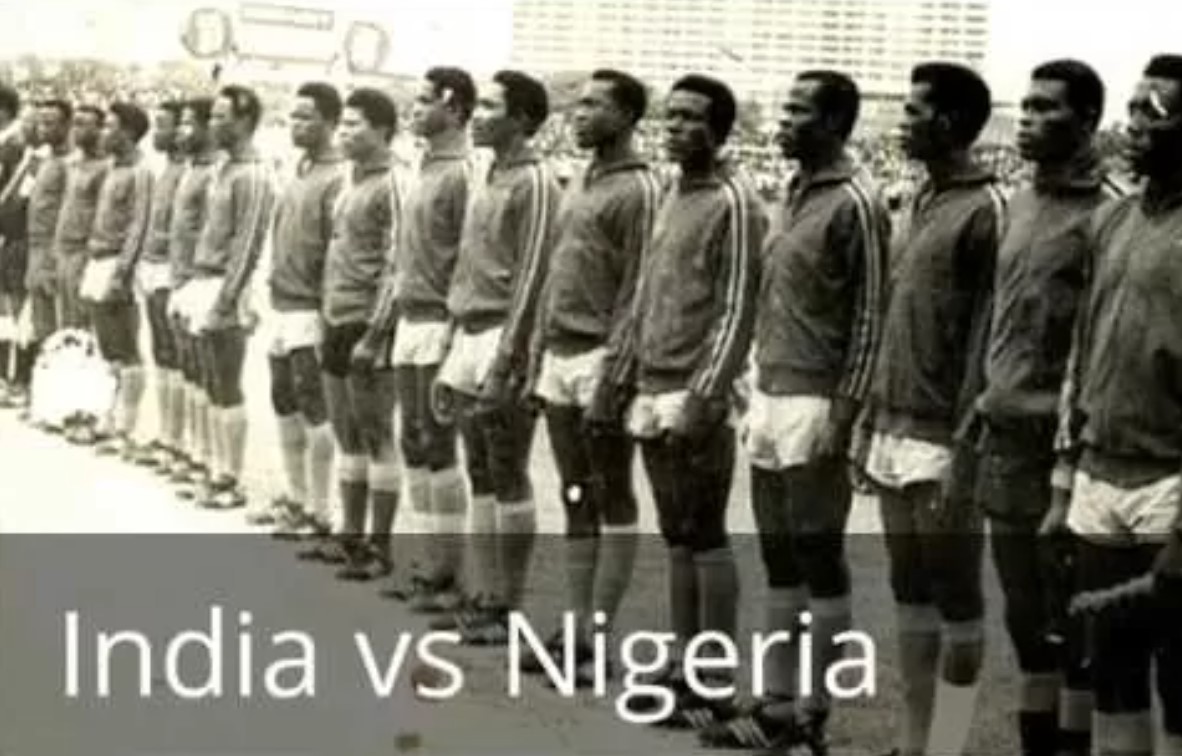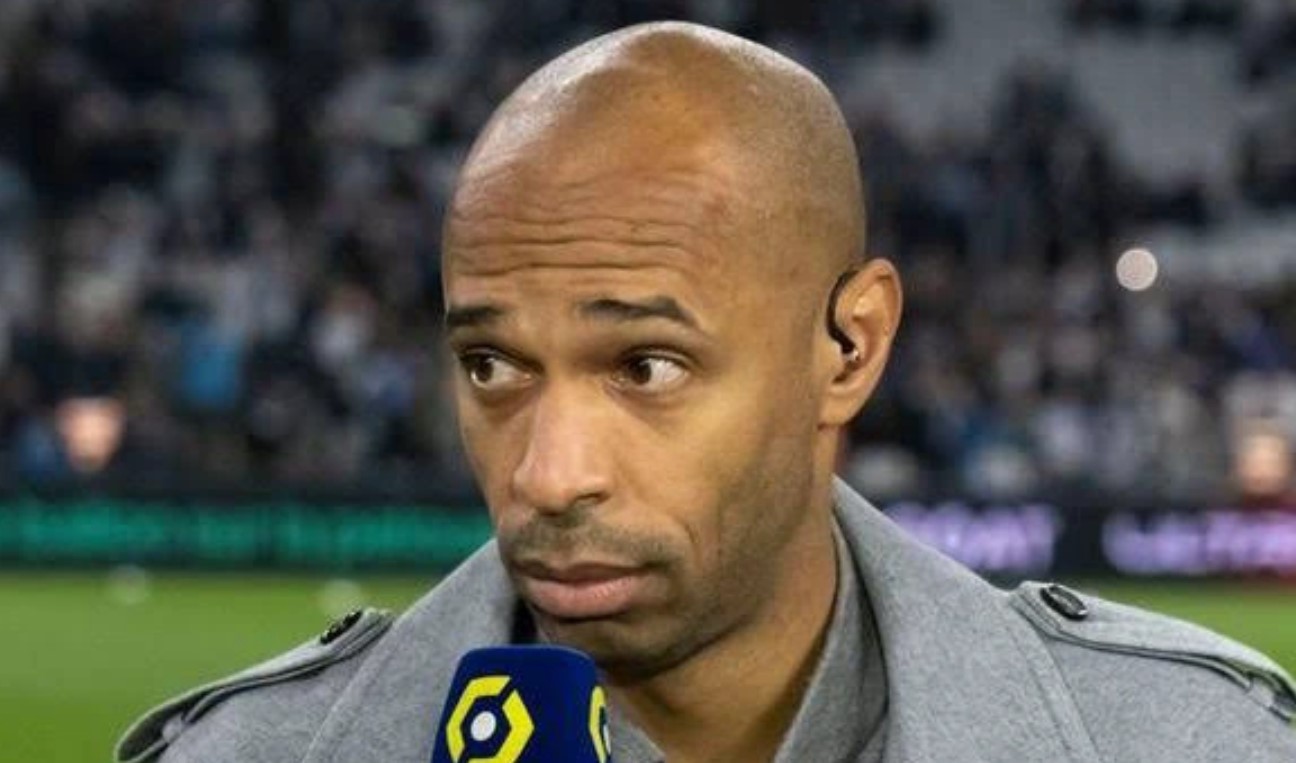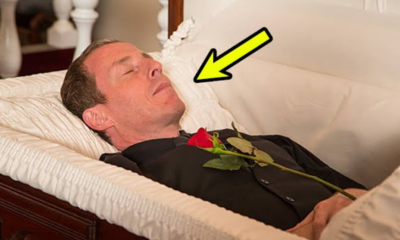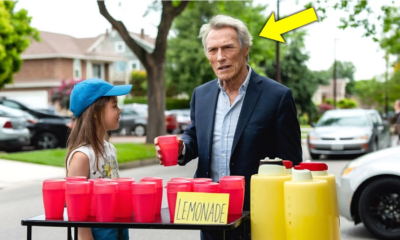MADRIDCésar González-Bueno landed as CEO of Banco Sabadell in 2020, right after BBVA’s failed attempt to keep the Valais entity. Four years later, he experienced first hand the second assault on the bank of Bilbao origin. Although he lives in Barcelona, he receives the ARA in Madrid, in the offices that the entity has on the golden mile of the Spanish capital, in the Salamanca district. He has no doubts that the outcome of four years ago will be repeated. If this were not the case, he would be the last first executive of the historic Catalan entity.
We know that you have bet with your colleagues at the bank 10 to 1 that the BBVA takeover bid will not go ahead. Does he maintain this optimism?
— I think there are many doubts that this deal can progress. One for Sabadell’s excellent progress, and two for the enormous regulatory complexity. Once all the situations that are not resolved now are resolved, the doubt will be added as to what the impact will be from a competition point of view, there will be a doubt that will cause quite a bit of concern among shareholders, which is whether there will be merger or not. Uncertainty is not good when making decisions because it adds a lot of risk. We already have doubts about whether this generates value by having a merger; there being no fusion, we have no doubts that it destroys it. I think the odds of this takeover being successful are low.
Help us make numbers. How much weight do institutional shareholders have?
— More or less half.
And aren’t they more difficult to convince?
— More difficult, or easier. What they say is that they will make the decision when they have as much information as possible and are continuously reassessing Banco Sabadell’s value expectations, which have been increasing. What they will do is look at whether the bank has more value alone for its shareholders than not participating in the 16% of what the joint shareholding would be. Fusions, conceptually, they like; what they don’t like is the execution risk, and that will be there at the time they have to make a decision because they won’t know if it’s with fusion or without. The government has said it clearly, that there won’t be any; even the president of the Popular Party has said it, as well as the entire political spectrum. There is a rejection of unions, business associations, autonomous communities… It is not a tactical political decision, but a generalized feeling.
“With no merger, we have no doubts that the takeover destroys value”
Do they have the magic number of profits that BBVA should have in 2024 and 2025 to compensate for the 2,900 million dividends offered by Sabadell?
— No.
Are they penalized by the fact that there are shareholders who entered Sabadell with shares above 6 or 7 euros?
— I think that the evolution is so positive that the only thing we can measure is the perspective of these last three and a half years. We have multiplied the value of the share by six: we are number one in the Ibex-35 and of the 600 European banks, which will be announced soon. Regardless of the story, I think that there is enormous satisfaction about this franchise and its evolution. Moreover, they see the trend continuing. The shareholders, especially those who have been part of this journey, are very satisfied.
There are voices that say that BBVA will improve the offer. Did they foresee this scenario or would it surprise them?
— It wouldn’t surprise us, and it wouldn’t stop surprising us. They have said actively and passively that they will not do it, but if they do I think they will try to get closer to a value that everyone recognizes is higher than the offer they have made. The decision is up to them.
Is there antipathy towards BBVA?
Antipathy, none. Carlos [Torres, president del BBVA] he was my partner for five years at McKinsey. He’s a great guy, kind and smart, and also my president [Josep Oliu] has a very good relationship with him. Everyone does what they think they have to do, and absolute respect.
We have multiplied the value of the share by six, we are number one in the Íbex-35 and of the 600 European banks”
If you were in charge of BBVA, would you do a takeover like this?
— Like all hypothetical questions, it is better not to answer. I will answer him in another way. Yes we [el Banc Sabadell] if we saw the convenience of joining forces with another entity, I think we would do it in a friendly and consensual way. What I would have done in another situation I cannot answer, but if at some point there was an approach of this type it would not be in the form of an opa.
Didn’t the BBVA one seem like a friendly approach?
— No, let’s see, that’s irrelevant. The definition of hostile takeover is not technical, it is an accepted term when a board does not accept an offer and is therefore popularly called hostile. We don’t feel any hostility towards BBVA and I hope they don’t towards us either.
The CNMC said: “Fewer banks does not mean less competition.” How do you rate it?
— Conceptually the sentence is impeccable. But this one [fusió] it does affect competition because SMEs need three, four or even five banks. Even candy stores have two counters. There are very few banks in Spain that have the capacity to serve SMEs. Pulling one off is pretty dramatic, and that’s why there’s such an outcry. In Spain, one out of every two SMEs is a client of Sabadell; and in Catalonia, two out of three. This would affect the territorial balance, because the impact of access to credit would be greater in Catalonia. This puts SMEs’ access to credit at risk, not only makes it more expensive, and that’s not good; it is not good for Spain and less so for Catalonia.
With the bank tax they had a lot of trouble with the Spanish government. Does he feel comfortable with his explicit support in the auction?
— Government support is not support for banking or Banco Sabadell, but for SMEs and the competition. Also, he is not alone. The head of the opposition [Alberto Núñez Feijóo] he said exactly the same thing. But, in addition, social support is widespread: from the left, from the right, from associations… I think it is the most paradigmatic case of unanimity around an issue that has occurred lately. There can be no more unanimity against this deal. It does not obey a political opportunity of a certain moment, but a reason of social necessity.
There are very few banks in Spain that have the capacity to serve SMEs. Taking one out is pretty dramatic”
Does this unanimity surprise him? READ FULL STORY HERE>>>CLICK HERE TO CONTINUE READING>>>
— It seems to me that it is very logical. I insist, support is not being given to Banco Sabadell or the bank, but to SMEs, and this does not surprise me because they represent 67% of employment in Spain.
If the takeover is successful, but the merger is not, can you imagine yourself working in an independent bank whose first shareholder is BBVA?
— I don’t usually share my imaginations and dreams. We are focused on what we are doing. It is exciting and we are enjoying our work more than ever despite the uncertainties it raises for a simple reason, which is that the bank is doing very well, and this has created cohesion in all the teams, with a commitment level of 90 %.
He was telling us the other day that customers are approaching the offices to say, “How can I help.” Can you share a case with us?
— This should be explained by them, but I keep getting emails from customers I know and when I see them their support is clear. I think there is some genuine affection for the bank that has accompanied them through sometimes easy and sometimes difficult times, but they do it out of self-interest because they don’t want to be left without this alternative.
The big Catalan businessmen with whom you have had time to talk, what do they tell you in private?
— That they don’t want the auction. I believe that the Catalan business community is very integrated in the territory and they feel that Catalonia is very much their own. They are dedicated to exporting, but they are very much on the ground. I won’t give specific names, because you have them there. It is a very familiar business and there is great concern for Catalonia to continue to prosper and they are aware that funding is a key issue. The displays of support and affection are constant.
I believe that government support is not support for banking or Banco Sabadell, but for SMEs and competition”
There is unanimity against this takeover, but only the shareholders decide. How do you live it?
— I live it with transparency and clarity. [L’equip d’assessors del bufet] Uría instructed us about our obligations in the face of the decision to accept the first offer [del BBVA] and told us: “The obligation is to defend the interests of the shareholders. Subsidiarily they can also take into account the interests of the customers and the people who work in the bank, but if there was a contradiction between the two, to whom is the bank is under fiduciary duty to its shareholders”. We were very lucky: they matched.
Would it create a contradiction if it were the case that for the shareholders it was a good and desirable operation but, on the other hand, for small companies, for the employees or for the Catalan economy as a whole it was negative?
— Conceptually yes; in practice, I don’t see it. It is impossible for it to greatly affect the issues of competition and to pay much more.
What have you learned these years that you have been in Catalonia?
– Lots of things. I had not had responsibility for a listed entity, and this is a new world that I found exciting. Afterwards, I confirmed that there are some companies that have something special and that this is not improvised, but is the result of years of development and is reflected in the culture, and it has been a surprise to see how good the culture of Banco Sabadell and that has been generated throughout these 140 years. And on a personal note, the discovery of Catalonia and Barcelona.
Do you understand that for many people in Catalonia it would be a tragedy for an economy like the Catalan economy to lose Sabadell?
— Yes, I think it’s a no-brainer and that it would be very harmful. Both for the impact on the Catalan economy and for the emotional impact.
The loss of Sabadell would be very damaging because of the impact on the Catalan economy and because of its emotional impact.”
Speaking of emotional issues, have you, who is from Madrid and lives in Catalonia, perceived any Barça-Madrid dynamic in this Opa?
— I believe that the support has been particularly strong in Catalonia and that this is due to the Catalan origin of the bank. But we see support everywhere: Asturias, Galicia, Castile and Leon, Murcia, of course Valencia, where it has been explicit. I don’t see a Barça-Madrid, I see many people who consider that this service to SMEs is very important and that without this bank their economy will work worse.
Has he been surprised, however, by the particular support of Catalonia, where Sabadell took its headquarters?
— I think that the move of the headquarters was finally understood because when banks are at risk of survival it is because of liquidity. I think it has been understood that it was not an emotional decision, but a necessary decision for the survival of the bank. I think we haven’t lost the spirit of our Catalan origins.
If the auction doesn’t work, would they be encouraged to come back?
— Now is not the time to talk about that.
Do you work with more drama when you feel that your job depends on the outcome of such an operation?
— I am focused on defending my shareholders and defending this project. You can’t have 90% of people’s commitment [del banc] if you are not engaged, and this goes far beyond a workplace or a personal circumstance.
2024-07-25 22:00:52
#unanimity #deal
Related
